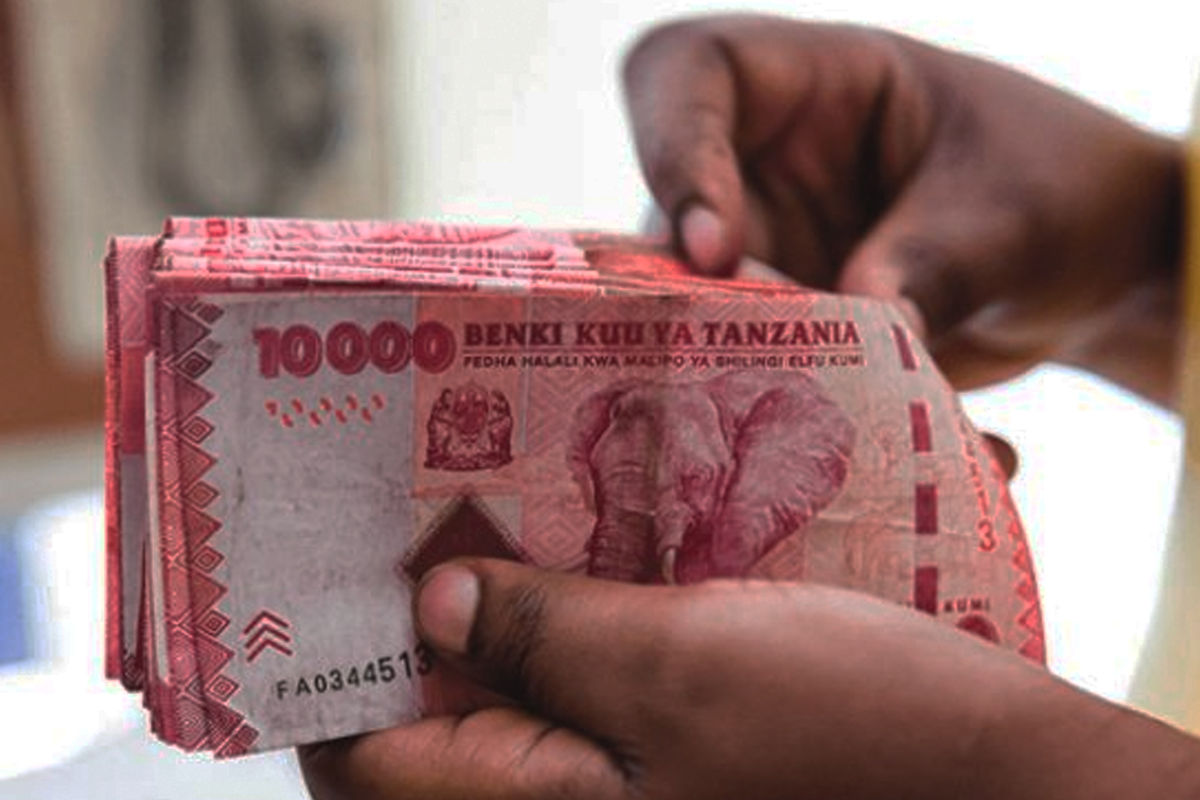Unguja. The Revolutionary Government of Zanzibar has announced the minimum wage for the private sector increasing it by Sh47,000.
Announcing the rates on Friday March 24, the Minister of State for the Office of Labour, Economy and Investment, Mudrick Ramadhan Soraga said the rate has increased from Sh300,000 to Sh347,000 and will come into effect in April, 2023.
According to Soraga, the move comes after consultation with the advisory board on salary issues that includes the Government, the Employers Association (Zanema) and the Zanzibar Trade Union Confederation (Zatuc).
Soraga said for a long time Zanzibar had not changed the wage rate for the private sector where the current rate is for 2017 but there are many things that have happened with various economic changes including the rise in the cost of living.
“It has already been published in the government gazette, so with the authority given to me by the employment law number 11 of 2005, section 96, I take this opportunity to officially announce that the minimum wages in the private sector will take effect from April,” said Soraga.
On the other hand Domestic workers who reside at their employers’ premises will be paid Sh100, 000 from Sh80, 000 and domestic workers live on their own will be paid Sh120, 000 from the previous Sh80, 000.
“The rates for skilled and unskilled full-time contract workers will remain the same, where skilled workers will be paid Sh30,000 and unskilled workers will be paid Sh25,000 per day,” he said.
Also, he said after considering various factors and national interest, there has been a new level for foreign professionals where from now on all foreigners employed in Zanzibar will be paid $1000 per month.
“I direct you to implement these rates as directed and the management authorities continue to administer this order to the institution,” he said.
Speaking about the changes, acting general secretary of Zatuc, Ali Salim said despite the rates being small, there is not much that they can do because a decision has already been made
He said that in the process of improving the standards, they suggested that the minimum wage should be Sh600, 000 due to the reality of the rising cost of living.














